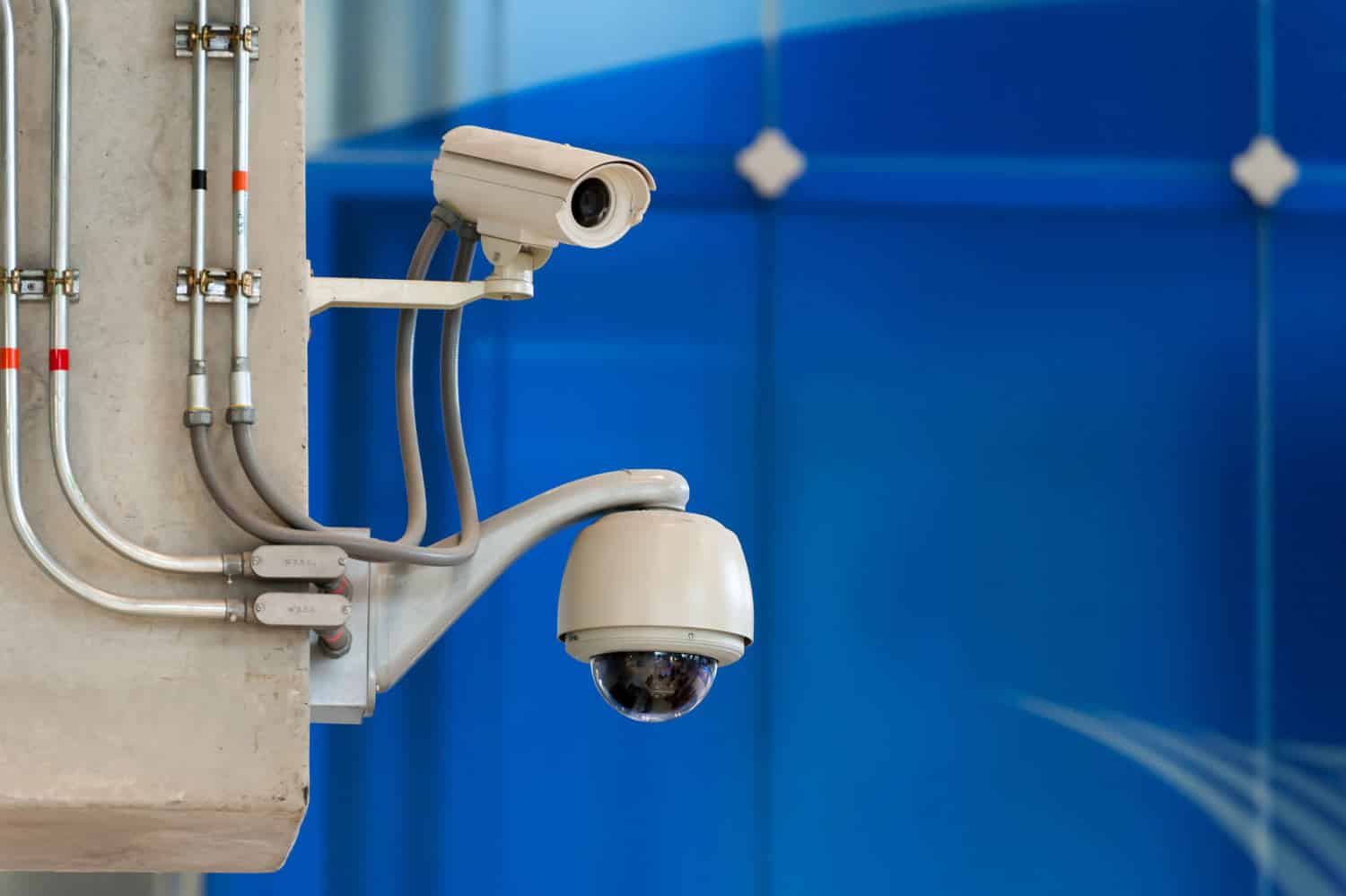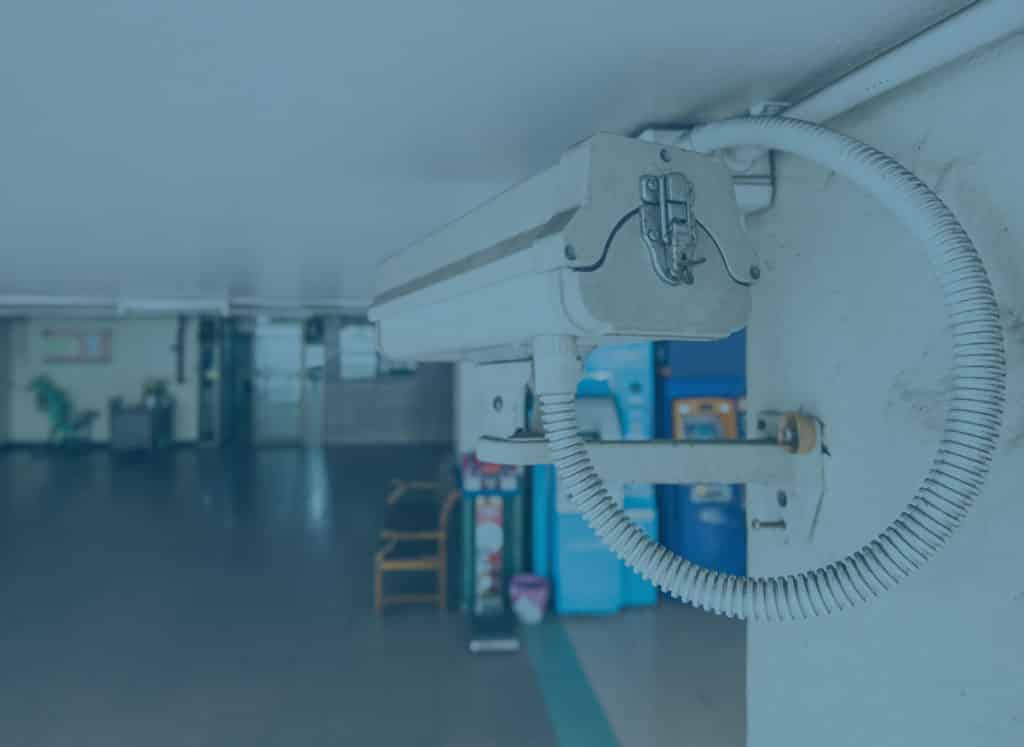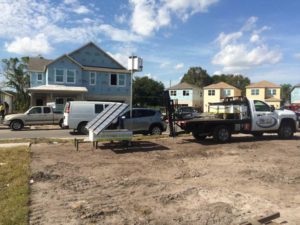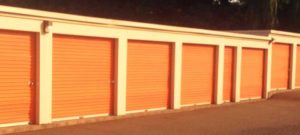“Can My Small Business Afford Security Cameras?” A better question may be: “Can my small company afford to not have a security system?” The data tells us 95% of all businesses experience some sort of theft every year, and businesses are four times as likely to be broken into over homes.
A recent Pro-Vigil business study showed:
- Nearly one in five companies said they saw increases in the number of physical security issues since COVID started.
- One-third of the business owners polled say they don’t expect this trend to decline this year.
- More than 40% reported they made changes to their security strategies over the past year.
- More than 80% said they use video surveillance to protect their businesses.
Security cameras protect against threats from the outside, such as break-ins, burglaries, and vandalism. They also monitor what’s going on in your business, from normal activities to unusual events like a customer tripping and falling or employee theft.
U.S. companies lose up to $110 million every day just from employee-related crimes alone.
Small business security systems are designed to protect your investment. But if you’re a small business owner, you probably don’t have much extra cash to throw around. How can small companies take advantage of video surveillance in a way that financially makes sense? How can they select the right tools that provide the best ROI when they don’t have a big budget?
Six Tips to Save Money on Small Business Security
-
#1: Check the Insurance Policy.
When establishing your budget for video surveillance, consider talking with your insurance carrier first. While every policy is different, many insurance companies will offer you a discount for installing video surveillance in your business.
-
#2: Cut Installation Costs.
Consider avoiding the cost of hardwiring your cameras altogether by using IP-enabled security cameras. These devices connect to the cell network and upload data to the cloud. You can even connect them to solar panels. This cuts wiring and installation costs significantly. There is no recording device to purchase either; all your video is in the cloud.
-
#3: A Cheaper Alternative to Security Guards.
If your business currently has an onsite security guard presence, you can save money by converting all or part of the services into virtual guard services. Instead of physically patrolling your property, these security professionals watch remotely from a bank of monitors. You never have to worry about the liability of having a physical guard walking around your property after hours. You also never have to worry that crime can happen when the guard’s back is turned.
-
#4: Are the Bells & Whistles Necessary?
Consider what features you need the most. Adding features usually means adding costs. Do you need a wide-angle lens when the space is small? Is night vision needed, or do you have adequate property light 24/7?
-
#5: Strategize with a Security Expert.
Consulting with a professional service to design an effective small business security system that covers all the bases. You can work closely with these experts and design your system from a “less is more” perspective. Consulting with a security expert who sells video surveillance is typically included in the cost of the system. These professionals can make sure your installation is as efficient and cost-effective as you need it to be.
-
#6: Know Your Needs.
Some properties need more cameras than others. If you have a sound understanding of your lot and how many cameras you might need, you can cut down costs by only getting the essential equipment. But how do you find that number? More on that below!
See How Simple It Can Be To Secure Your Business.

Every business is unique and comes with different problems and challenges. So there really isn’t a “one-size-fits-all” solution to security. The size of your business and its geographic footprint play a big role in the number of cameras you’ll need. You don’t want to leave certain areas vulnerable after all.
An assessment of your business can give you ways to let your existing security features supplement your camera usage for a better and more cost-effective approach. There’s no formula for this, exactly, but there are a few things to keep in mind as you design your small business security system:
Why do you need the cameras?
Are you in a high crime area where burglary and vandalism are common, OR are you having a problem with employee theft? These problems are two sides of the same coin – from an installation and coverage perspective.
| Theft & Burglary | Employee Theft |
| Usually occurs after hours | Usually occurs during working hours |
| Unfamiliar people come onto the property | Familiar people acting suspicious inside a building or on the property |
| Put onsite workers in danger, making you liable | Probably working with outside thieves or even other employees |
| Easier to spot | More difficult to notice |
What is the layout of your property?
Determining Necessary Security Features
When costs matter, the number of cameras you’ll need can also be affected by the features you select. Far from the old CCTV cameras with grainy footage, today’s video surveillance tools have a host of security-related, and non-security-related features. These cameras are extremely easy to use, but they also help you work smarter when trying to control access to your business. Some of the features to consider include:
-
Notifications: Smartphone, laptop, desktop, or tablet alerts that ping you or a security team when the camera detects a problem.
-
Alarms: Audio deterrents that can go off if a trespasser is detected.
-
HD Footage: High resolution imagery along with night vision to capture reliable, crystal clear video images.
-
Smart Search: Cloud storage with keyword search that makes it easy to find the images you need.
Getting Started with Small Business Security Systems
Pro-Vigil is the nation’s leading expert in small business security systems. Our expert design and installation team can help you find the best security system that fits your goals and your budget. Contact us to find out how we can help.








